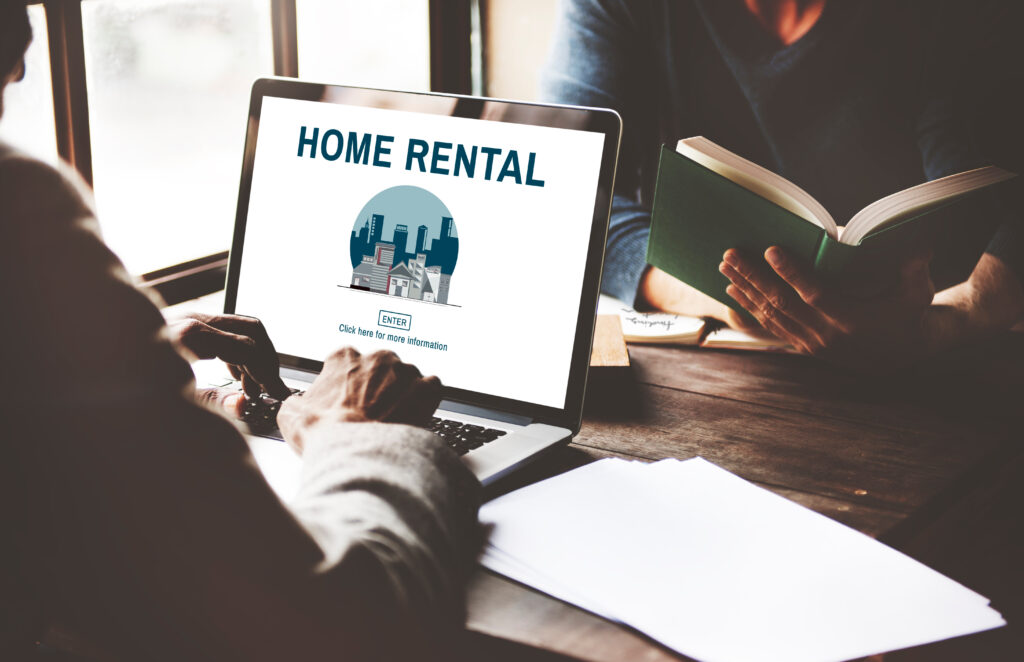**Title: Cash-Out Refinances vs. Home Equity Loans: Which is Right for You?**
**Introduction**
Your home is more than just a place to live; it’s a valuable investment. The equity in your home can be a powerful financial tool to help you achieve your goals, whether it’s renovating your property, paying for college, or consolidating debt. Two popular options for accessing this equity are cash-out refinances and home equity loans. In this article, we’ll explore the differences between these two options to help you make an informed decision.
**What is a Cash-Out Refinance?**
A cash-out refinance involves replacing your existing mortgage with a new one that is larger than what you currently owe. This allows you to pocket a portion of the equity you’ve built up in your home.
**How a Cash-Out Refinance Works**
When you opt for a cash-out refinance, you take out a new, larger loan to pay off your existing mortgage. The difference between your new loan amount and your original mortgage balance is given to you as cash, minus any remaining equity, closing costs, and fees.
**Example:**
– Home Value: $200,000
– Current Mortgage Balance: $100,000
– Required Equity: 20% ($40,000)
– New Loan Amount: $160,000
– Cash in Hand: $60,000 (minus closing costs and fees)
**How Much Equity Can You Cash Out?**
Most homeowners can’t borrow the full value of their home. For conventional and FHA loans, you must leave 20% equity in your home. VA loans are an exception, allowing you to cash out up to 100% of your home’s value.
**Using Your Cash-Out Refinance Funds**
The funds from a cash-out refinance are tax-free and can be used for any purpose, such as home renovations, education expenses, or debt consolidation.
**What is a Home Equity Loan?**
A home equity loan allows you to borrow against the equity in your home without replacing your existing mortgage. It’s a second loan with its own terms and payments.
**How a Home Equity Loan Works**
After closing, you’ll receive a lump-sum payment from your lender, which you’ll repay in monthly installments at a fixed interest rate. Your original mortgage terms remain unchanged.
**Loan Restrictions**
Most lenders won’t allow you to borrow 100% of your home’s equity. The maximum amount you can borrow depends on your lender and credit score, typically up to 90% of your home’s value.
**Home Equity vs. Cash-Out Refinance: Which One Makes Sense for You?**
Both options allow you to convert your home equity into cash, but they have key differences. Understanding your needs and budget can help you choose the right option.
**Similarities Between Cash-Out Refinances and Home Equity Loans**
– **Quick Access to Funds:** You can receive a lump-sum payment within three business days after closing.
– **Secured by Your Home:** Both loans use your home as collateral, often resulting in lower interest rates compared to unsecured loans.
– **Equity Requirements:** Most lenders require you to leave some equity in your home.
**Differences Between Home Equity Loans and Refinances**
– **Loan Type:** Cash-out refinances replace your existing mortgage, while home equity loans are second mortgages.
– **Interest Rates:** Cash-out refinances generally have lower interest rates because they are first loans, meaning they are prioritized in case of foreclosure or bankruptcy.
**When a Home Equity Loan Makes Sense**
Home equity loans are ideal for covering specific expenses like home renovations, large purchases, or investment property down payments. They allow you to maintain your current mortgage terms while taking out a new loan.
**When a Cash-Out Refinance Makes Sense**
If your home’s value has increased or you’ve built up significant equity, a cash-out refinance can be a low-interest way to fund major expenses like home improvements or education.
**FAQs for Home Equity Loan vs. Refinance**
**Can You Refinance Your Home Equity Loan?**
Yes, refinancing can be beneficial if current interest rates are lower than when you took out the original loan.
**Is a Home Equity Loan Cheaper Than a Refinance?**
Home equity loans often have lower closing costs but higher interest rates compared to cash-out refinances.
**Alternatives to a HELOC or Cash-Out Refinance**
For smaller projects or debts, consider personal loans or low-interest credit cards to avoid closing costs.
**Will I Lose My Home Equity When I Refinance?**
No, but your equity may decrease. However, using your equity for home improvements can potentially increase your home’s value.
**Conclusion**
Both cash-out refinances and home equity loans offer ways to tap into your home’s equity. The best choice depends on your financial needs and goals. Ready to get started? Visit [O1ne Mortgage Inc.](https://o1nemortgage.com) to apply for a loan or call us at 888-372-8820.
**Keywords:** cash-out refinance, home equity loan, mortgage, home equity, refinance, loan options, financial goals, O1ne Mortgage Inc.
Mortgage Refinancing
1. Rolling Student Loans Into Mortgage 2. Student Loan Consolidation 3. Mortgage Refinance 4. Cash-Out Refinance 5. Student Loan Debt Management







